Action Research for the project Do.N.N.E against gender-based violence in Central Italy
Title Do.N.N.E – Do Not Neglect Equality
Location Amatrice, Accumoli, Arquata del Tronto, Camerino, Visso and Ussita (Central Italy)
Duration 2019-2021
Partners Psy Plus, Action Aid, Associazione Donatella Tellini, Centro Antiviolenza L’Aquila
Framework Pe.R.Co.rrere – Percorsi di Resilienza Comunitaria
Funding Fondo Beneficenza Intesa San Paolo
Context
Between 2018 and 2019, in Amatrice, Accumoli, Arquata del Tronto, Visso, Ussita and in the surrounding areas of Central Italy, the team of the project Pe.R.Co.rrere observed a growth in symptoms such as anger, anxiety, processing difficulties trauma, pathological addictions (including gambling and alcoholism), behavioural or adaptation disorders and intra-family conflict with impact on minors.
The project Do.N.N.E – Do Not Neglect Equality aims at supporting the communities affected by the violent earthquakes, that have suffered a sudden shock both at individual level and in their socio-economic network.
The geographic, economic and social complexity of the territories affected by the earthquakes caused serious difficulties in preparing adequate responses to the needs and the emergency response was only partially able to cover the actual needs of the affected populations. Three years after the earthquake, public and private reconstruction is at a standstill and the significant delays have produced a widespread exasperation in the population, thus accelerating the already ongoing process of depopulation of internal areas.
While socio-economic weaknesses have been exacerbated by the dramatic events, social unease and some post-traumatic and psychopathological manifestations have emerged as a reaction to growing uncertainty and difficulties. These symptoms take place in a patriarchal context, in which the implicit acceptance of gender-based violence is widespread.
The project Do.N.N.E, thus, aims at supporting a change in both the person who suffers or perpetuates violence and in the entire socio-cultural system through:
- a) capacity building of services: by strengthening the skills of operators and supporting coordination activities between public and private social entities;
- b) increasing prevention and protection systems: by raising awareness, education and training, empowerment and activation of services designed to contrast risk factors (general psychopathology, pathological addictions, isolation).
General Objective
The M&E and Impact Assessment Unit developed an evaluation strategy on the one side to investigate the effectiveness, relevance, efficiency and sustainability of the activities and, on the other hand, to further examine two specific issues:
- (i) the effects of the project on the well-being of women
- (ii) the effects of the project on the local services
Our Contribution
To verify the progress and changes triggered by the activities of the project, the research team involved project operators, beneficiaries and other stakeholders in a participatory process based on the EHD Evaluating Human Development methodology.
In addition, to investigate the effects of the project on women’s well-being, the M&E and Impact Assessment and Inclusive Development Units involved women in an action-research activities. This participatory research process allows to shoot a “photography” of the local context, thus understanding the main changes (outcomes) triggered by the project.
The objective of the action-research activities is twofold: on the one hand, it allows to fill some gaps in the knowledge of the gender-based violence phenomenon, and on the other hand, it allows the beneficiaries to use social research tools.
As a result, this evaluation strategy allowed to deeply focus on changes and dynamics that would not have been grasped with standard assessments and evaluations.
In addition, the opportunity to carry out a case study analysis on the project allowed the research team to deepen and understand the conditions that promote economic empowerment of women in particularly fragile areas where patriarchal culture, gender stereotypes, and acceptance of gender-based violence are prevalent. The in-depth analysis showed how women’s economic empowerment can be particularly effective in promoting a culture of anti-violence
 Promoting the economic empowerment of women, an in-depth study
Promoting the economic empowerment of women, an in-depth study
Discover more on the M&E and Impact Evaluation Unit
Related Projects
-

Evaluation of the project that promotes food security and climate resilience in Mozambique
-
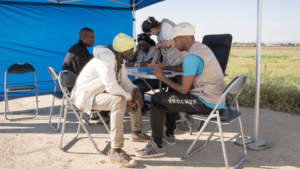
Evaluation of the project strengthening migrants’ right to health in Italy, Greece and Malta
-
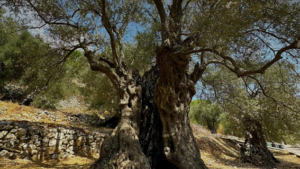
Final evaluation of the project that strengthens olive farmers’ resilience in Southern Lebanon
-
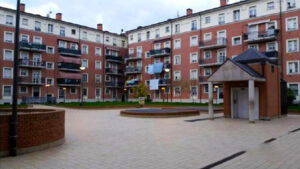
Social impact assessment of the Rapporti Corti project for socio-educational inclusion in the Navile district of Bologna
-

Evaluation of the Naseej project to stop gender-based violence in Iraq, Yemen, and Palestine
-
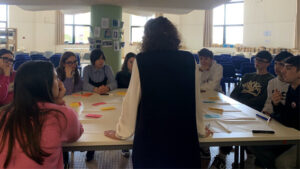
Evaluation of the project that promotes youth employment in Italy
-
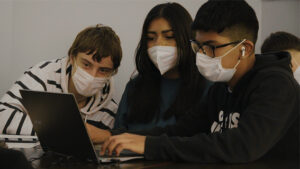
Final evaluation of the ‘5G Smart School’ project for innovative teaching in Italian schools
-
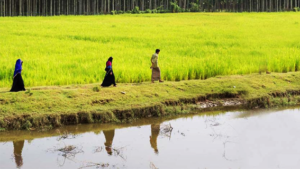
Evaluation of the project that fosters mainstreaming migration into international cooperation and development policies
-

Final evaluation of a project to contrast educational poverty in Albania
-
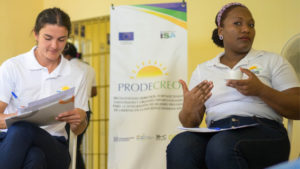
Evaluation of the project PRODECREO to promote the rights and socio-occupational reintegration of women deprived of their liberty in the Dominican Republic
-
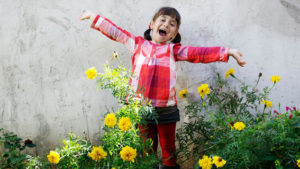
Final evaluation of the SOS Children’s Villages family strengthening project in Bosnia and Croatia
-

Evaluation of the project for the motor rehabilitation of oncological children in Turin
-
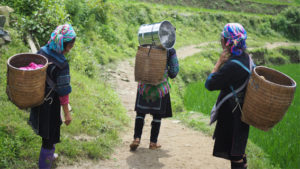
Evaluation of the project that aims to improve the health of the most vulnerable in Myanmar
-
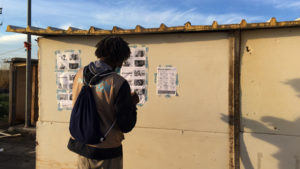
Final evaluation of the project that fosters proximity social-health services in the informal settlements of the Province of Foggia
-

Food Wave, Monitoring the project that promotes sustainable food consumption among young Europeans
-

Spazio Donna, evaluation of the projects to foster women empowerment and contrast gender-based violence
-

Evaluation of the projects “M’Interesso di Te” that tackle unaccompanied foreign minors’ integration
-
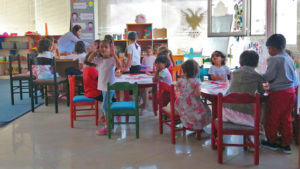
Evaluation of psycho-socio-sanitary interventions in response to the COVID-19 pandemic and the earthquake in Albania
-

Final evaluation of the Youth For Love project to raise young people’s awareness of gender-based violence
-
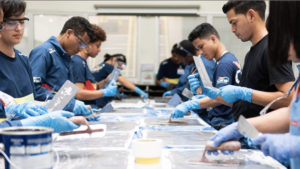
Multi-country mid-term evaluation of the YouthCan! programme, promoting the employability of vulnerable young people
-

Final evaluation of WEGO2 to support women economic empowerment contrasting intimate partner violence
-
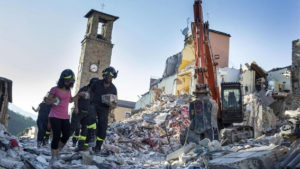
Action Research for the project Do.N.N.E against gender-based violence in Central Italy
-

Evaluation of the project “Mentors for Resilience” to contrast educational poverty
-
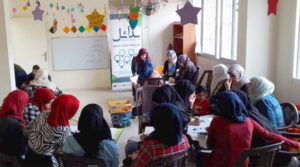
Outcome Harvesting of the project that aims to promote stability and social enterprise in Lebanon
-
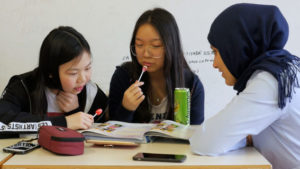
Yearly evaluation and impact evaluation of a programme to foster social inclusion in Tuscany
-
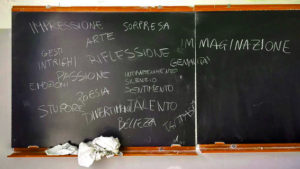
Evaluation of the project “Dreams and Needs” to contrast educational poverty in Italy
-
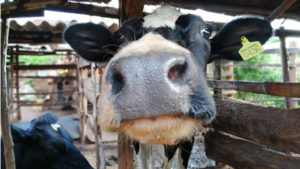
Mid-term evaluation of the project MilKy for the development of a sustainable dairy supply chain in Kenya
-

Final evaluation of Pe.R.Co.rrere: resilience of communities in Center Italy
-

Evaluation of the promotion campaign for Piave DOP cheese in Austria, Germany and Italy
-
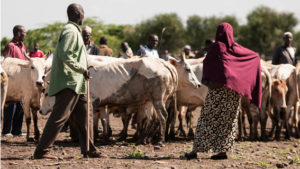
Mid-term & final evaluation of a project to strengthen resilience to climate shocks in Kenya
-
Evaluation of the promotion campaign for Italian specialities in Japan
-
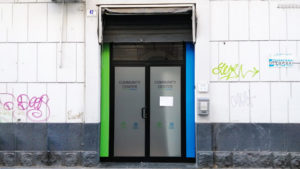
Community center, final evaluation of the social inclusion project
-
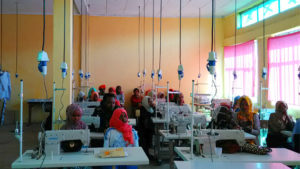
Mid-term evaluation of the project to contrast irregular migration in Ethiopia
-
Mid-term evaluation of the project for the conservation of Protected Areas in Albania
-

Social Impact Assessment of children’s protection programmes in Kyrgyzstan
-
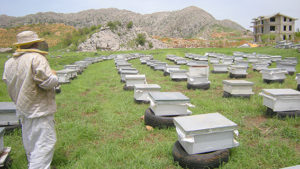
Monitoring&Evaluation of reintegration services for drug addicts and ex-addicts in Lebanon
-
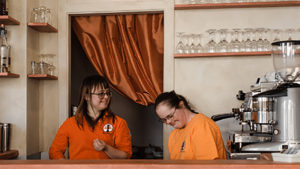
SROI Analysis, Albergo Etico social performance
-
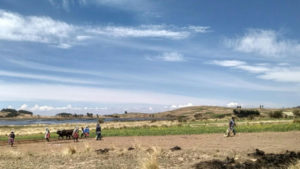
ECO.COM: strengthening local economic development in Bolivia
-

Improving the sustainability in the cherry supply chain in Bulgaria and Turkey
-
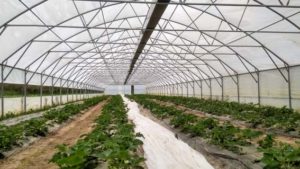
Evaluating sustainable agricultural supply chains in Bosnia Herzegovina and Albania
-
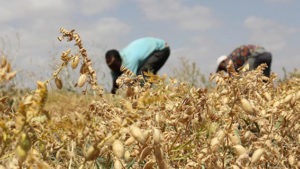
Impact evaluation of the creation of a durum wheat supply chain in Ethiopia
-
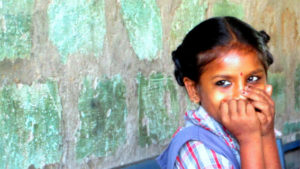
Impact evaluation of a Rehabilitation programme in India